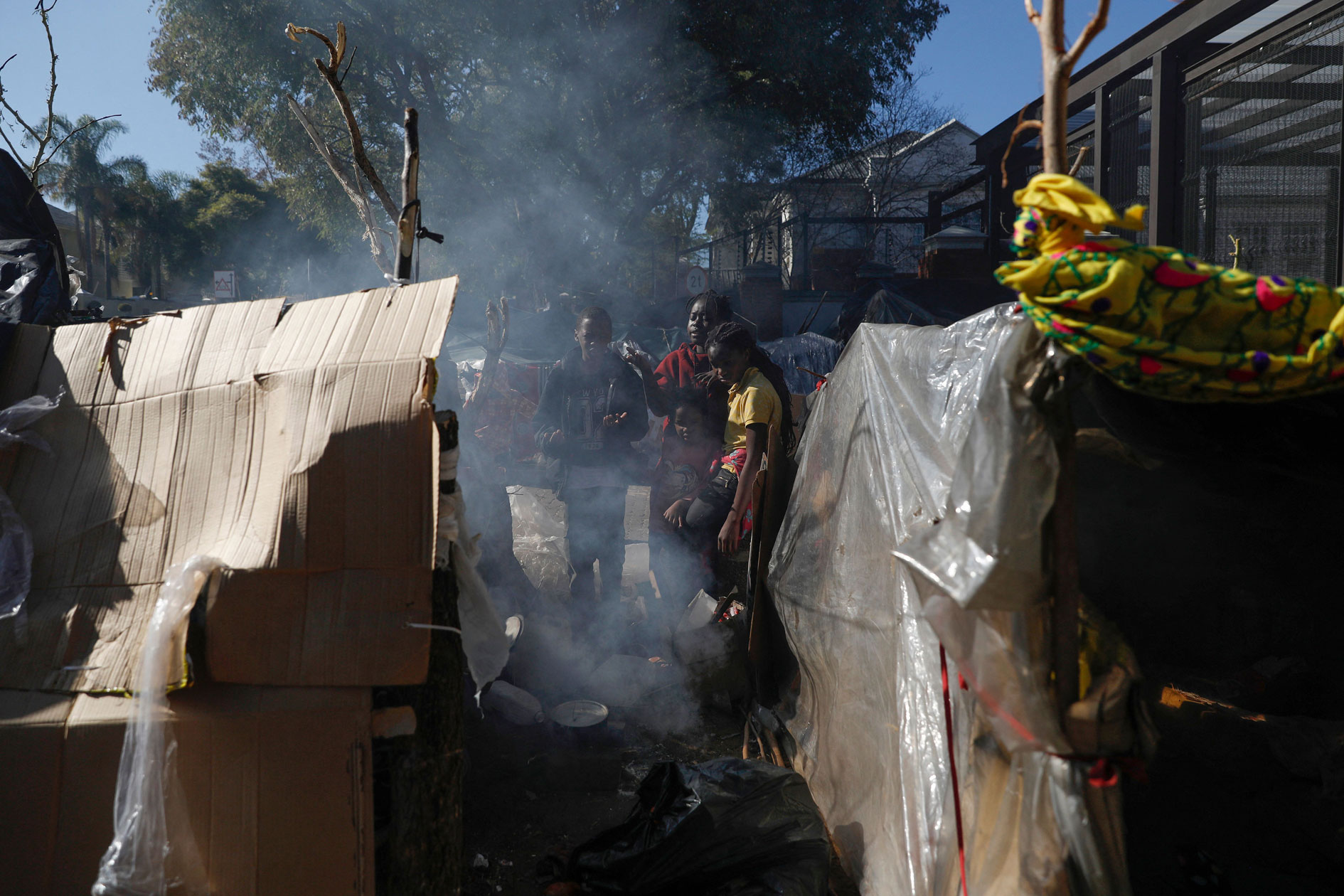Africa Insights is a podcast special series from New Lines magazine exploring Africa’s unique stories from an African perspective.
South Africa’s recent filing of a lawsuit in the International Court of Justice accusing Israel of committing genocide has sparked worldwide attention.
The case, which accuses Israel of committing genocide and war crimes in Gaza, has reignited discussions about South Africa’s post-apartheid history and its evolving position in the global political landscape.
Despite being celebrated for overcoming racism, South Africa has struggled with internal challenges, including sporadic and sometimes deadly violence targeting Black foreign nationals.
For more than three decades, foreign Black Africans have borne the brunt of widespread and recurring xenophobic attacks, with many having their businesses looted, while others have violently lost their lives.
The attacks stem from the belief that foreigners are to blame for South Africa’s social and economic woes. Many locals blame immigrants for taking their jobs and driving the unemployment level up.
“When we look at the statistics, when we look at the murder rate, the crime rate, we see that ever since Black foreigners were allowed to come to South Africa from independence, when we got freedom in South Africa, the crime rate has gone down by over 300%,” Rutendo Matinyarare, a Zimbabwean political analyst based in South Africa, tells New Lines’ Kwangu Liwewe.
Another aspect of the rise in xenophobia is belief in South Africa’s exceptionalism. This sense of exceptionalism has led many to see themselves as superior to the rest of the continent, which has led to widespread anti-immigrant sentiments and attacks.
“The thinking that was entrenched during apartheid was that South Africa is exceptional, that we are an exception and not like other African countries, as if we are not part of Africa,” Ntsikelelo Breakfast, head of the Center for Security, Peace and Conflict Resolution at the Nelson Mandela University in South Africa, tells New Lines.


